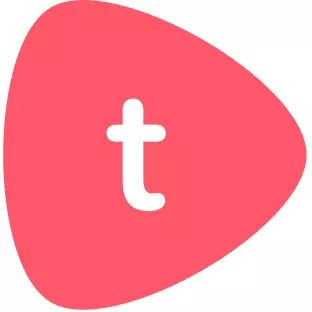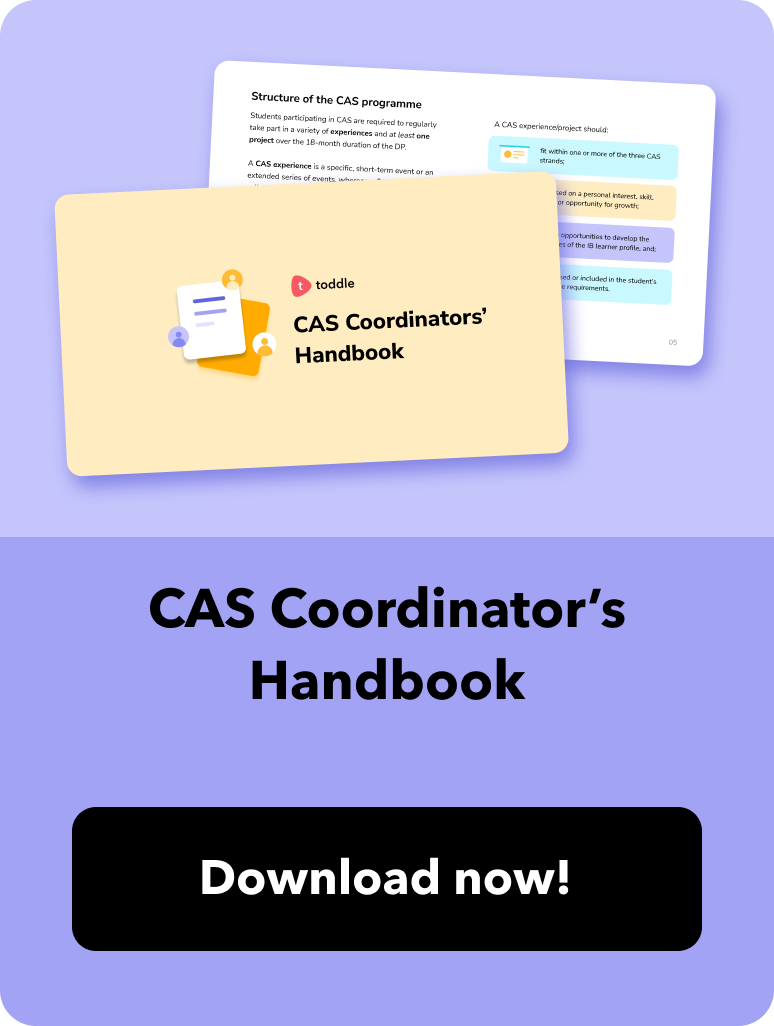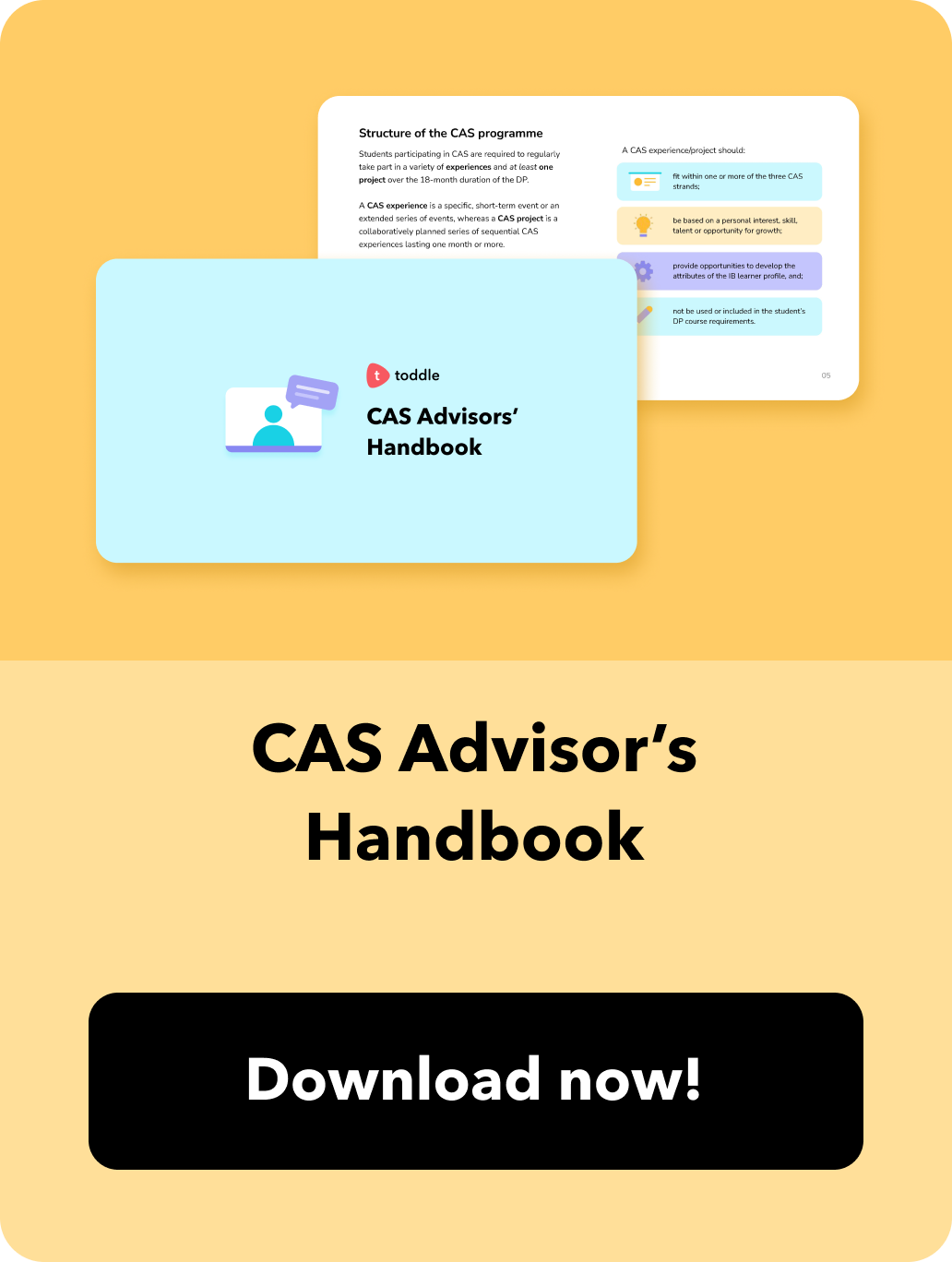In CAS, students look beyond academic subjects to examine how creativity, activity, and service can make themselves, their communities, and the world a kinder and more integrated place.
As a part of CAS, students engage in a range of activities characterized by the three strands, explained below:
To successfully complete the CAS programme, students are required to regularly take part in a variety of experiences and at least one project over the 18-month duration of the DP. One question students and advisors commonly ask is, “What counts as a CAS experience and/or project?”
CAS experience
To determine whether a proposed activity qualifies as a meaningful CAS experience or not, you and your students may like to consider the following questions:
- What is the ethical grounding of the experience?
- Is it a requirement of an academic course in the DP?
- Will the student have the chance to develop new skills?
- Does it lead to development of the IB learner profile attributes?
Some examples of activities that are not CAS are listed below:

CAS project
In order to evaluate the validity of a project for the CAS programme, you may like to consider the following details and point your students towards the same:
Here are some examples of CAS experiences and projects listed under relevant strands:
CAS & DP subjects
CAS is not just intended as a stand-alone programme. Every DP subject classroom also offers opportunities for students to explore meaningful CAS connections. Take a look at some of the ways in which CAS can be integrated with other DP subjects:
To get a stronger sense of your roles and responsibilities while guiding students to successfully navigate the CAS programme, download these handbooks!






